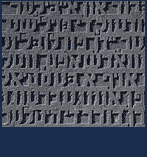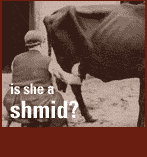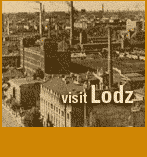

The Politics of Religion
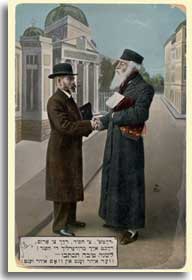

As the 18th century arrived, the Haskalah, or Jewish Enlightenment, opened up the Jewish people to the possibilities of the larger world outside their community, while drawing many of them away from the faith of their ancestors. The Haskalah attracted many Jewish intellectuals to the realm of rational thought and liberal ideology, privileging secular society against what was defined as insulated parochialism. Changes in Jewish observance and for some even assimilation, often appeared as parts of ideologies and were perceived as a threat by the more religiously minded Jews. Putting aside many of their bitter disputes, Hasidim and Mitnagdim  joined forces in hopes of halting this new turn away from traditional Judaism.
joined forces in hopes of halting this new turn away from traditional Judaism.
The religious authorities that controlled and helped determine communal Jewish living arrangements would find many challenges to their views of Judaism, as new political movements and ideologies drew many from the ranks of the observant. Various novel political movements attracted Jews, from the Bund  , the Jewish Socialist worker's organization that was active on behalf of the Jewish working class, to Zionists
, the Jewish Socialist worker's organization that was active on behalf of the Jewish working class, to Zionists  of many shades who looked to return to their homeland, Israel (then Palestine).
of many shades who looked to return to their homeland, Israel (then Palestine).
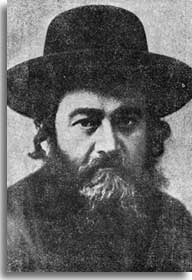

Understanding that the best way to compete with the new spate of secular movements was to form a party of their own, religious Jews founded their first political party called Agudas Yisroel  in 1912. It became a refuge for religious Jews attempting to stop the groundswell of secularization and maintain some authority within the Jewish community. Agudas Yisroel attempted to reach these goals in a concerted effort in Eastern and Central European countries to protect the observant Jewish way of life. This way of life was thought by them to be the best for Jews, and its practices important to maintain for all Orthodox Jews. Yet other Jewish groups mixing ideas and ideologies also sprang up-from Mizrachi
in 1912. It became a refuge for religious Jews attempting to stop the groundswell of secularization and maintain some authority within the Jewish community. Agudas Yisroel attempted to reach these goals in a concerted effort in Eastern and Central European countries to protect the observant Jewish way of life. This way of life was thought by them to be the best for Jews, and its practices important to maintain for all Orthodox Jews. Yet other Jewish groups mixing ideas and ideologies also sprang up-from Mizrachi  , the modern Relgious Zionist party, to other non-religious political parties. Before World War I, religious Judaism had entered the fray of secular politics, at times modernizing itself and attempting to sustain its leaders as the main authorities of the Jewish community. However, 20th century Jewish life had too many competing leaders for one group to claim sole representation of the Jewish people.
, the modern Relgious Zionist party, to other non-religious political parties. Before World War I, religious Judaism had entered the fray of secular politics, at times modernizing itself and attempting to sustain its leaders as the main authorities of the Jewish community. However, 20th century Jewish life had too many competing leaders for one group to claim sole representation of the Jewish people.






